Range
All Range Content
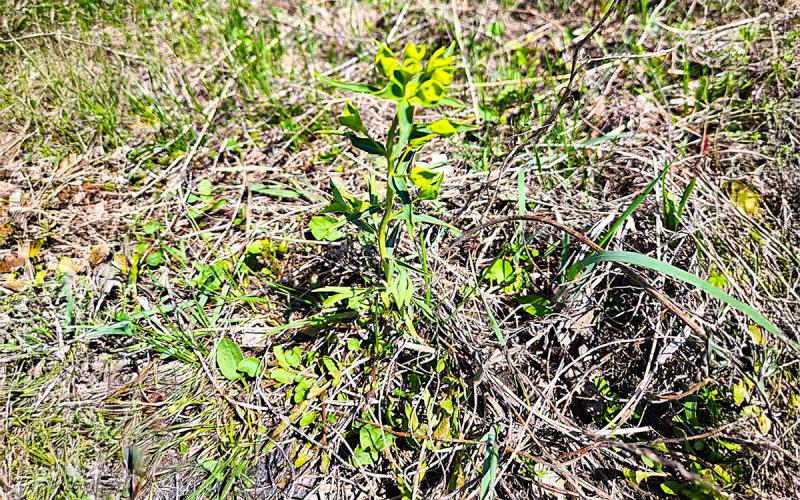
Leafy spurge has germinated and is growing rapidly in South Dakota: Scout carefully!
Leafy spurge can reduce the value and productivity of pasture and displace desirable vegetation. Now is the time to scout for infestations to determine which management tactics will be most effective.
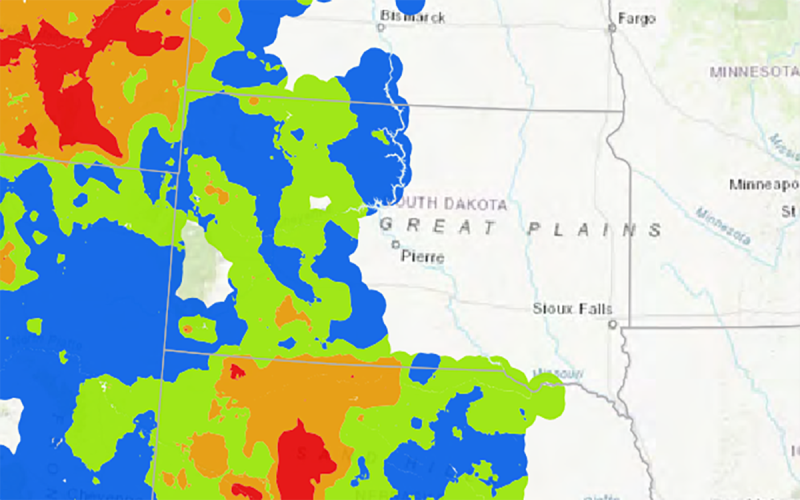
South Dakota Grasshopper Prediction for 2025
In 2025, it is likely that grasshopper populations will once again reach levels capable of causing issues in some areas of the state. Scouting should begin shortly after planting in areas where they were problematic in 2024 and continue throughout the growing season.
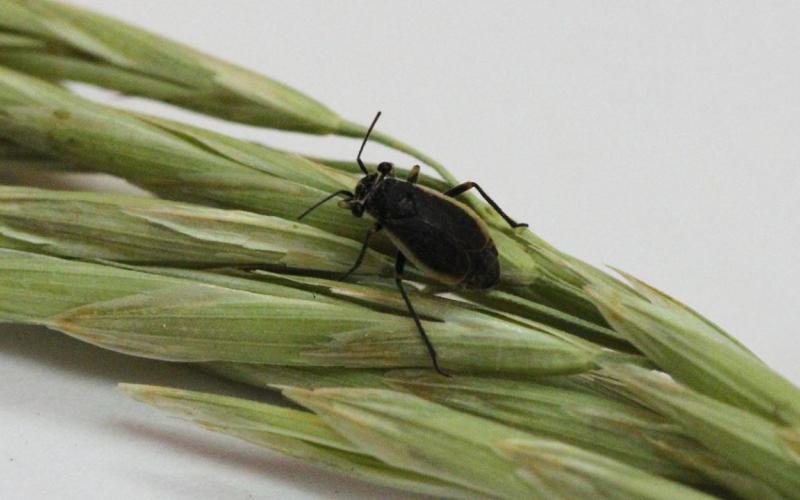
Black Grass Bug Activity Ramping Up
Black grass bugs feed on fresh green growth, which can result in stunted plants and decreased forage quality. Monitoring and potential management of black grass bugs will be of increased importance this spring, especially if drought persists.
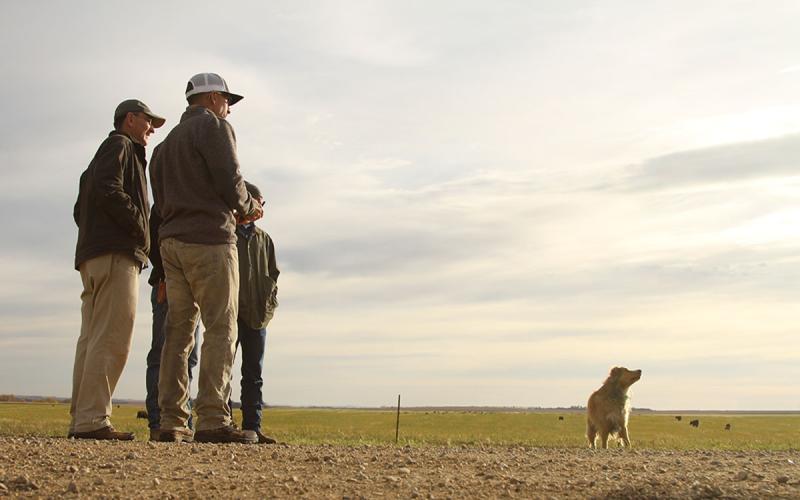
Spring Planting and Grazing Adjustments During Drought
Dry springs mean management changes for both farmers and ranchers as they plan for summer. Learn some important considerations for planting and grazing during a dry spring.
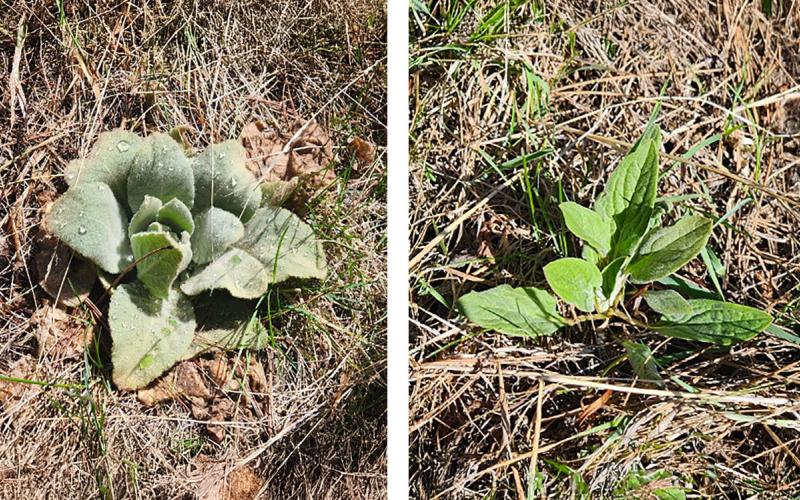
Common Mullein and Houndstongue Have Germinated in the Black Hills and Surrounding Areas West River
Two biennial species, common mullein and houndstongue, have germinated and begun to grow in the Black Hills. Now is the time to scout and determine where areas need attention to manage these species and other weeds.
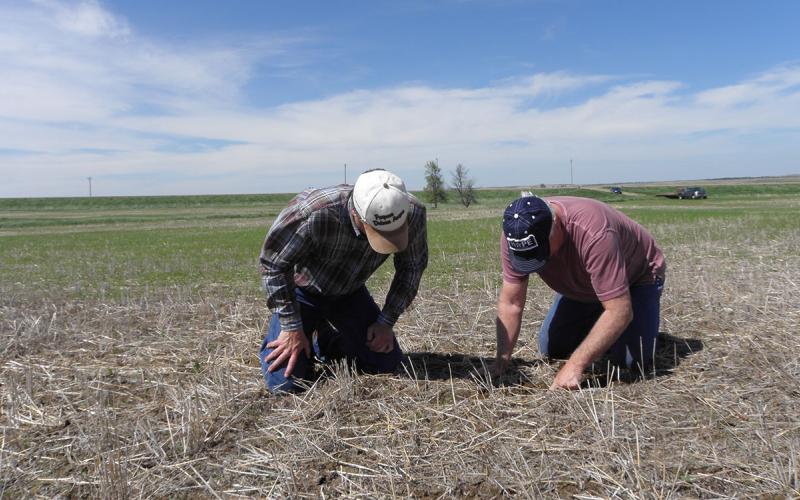
Gearing Up for the Grazing Season: Soil Health
Grazing season is around the corner and preparation before turning out is key. Understanding the intersection between soil health and grazing can help improve the function of your grazing system.

Spring is here, and so are the ticks!
As spring continues to bloom, more arthropods will begin to emerge from winter dormancy. Ticks are among the first to appear, and statewide reports have already been flowing in.
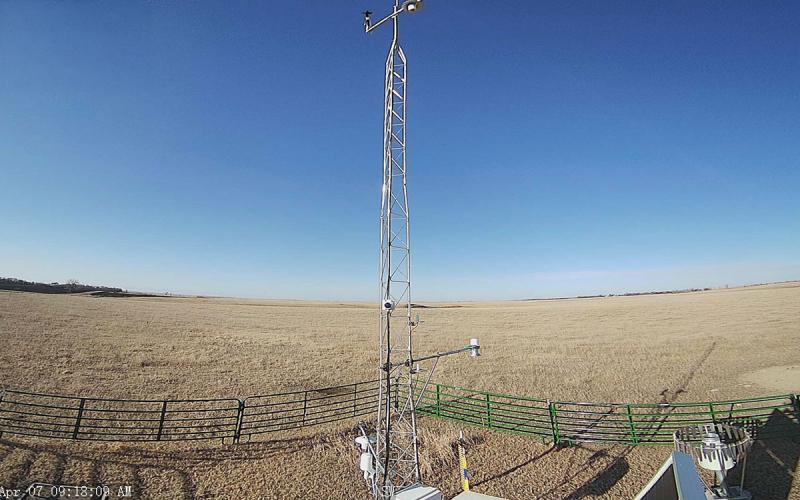
Spring Pasture Report: Dry Soil Conditions Threaten 2025 Grazing Season
As the grazing season inches closer, dry conditions have become very apparent, and producers should take time to assess resources and regularly monitor soil moisture and weather outlooks.
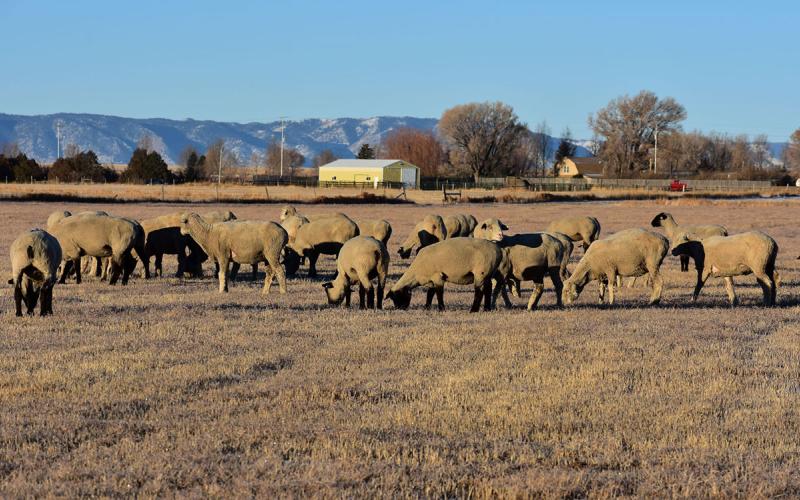
Using Livestock to Promote Healthy Rangelands
Fact sheet about using livestock to promote healthy rangelands
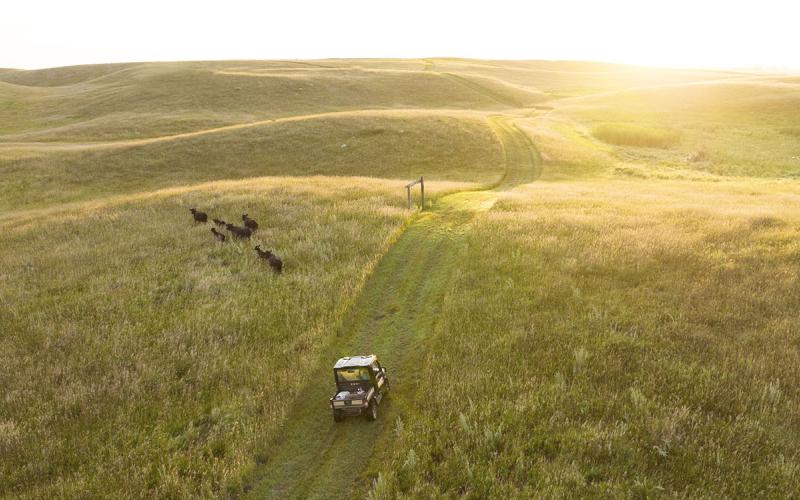
Grassland Management School
Landowners learn the art and science of grassland restoration and management through Grassland Management Schools.